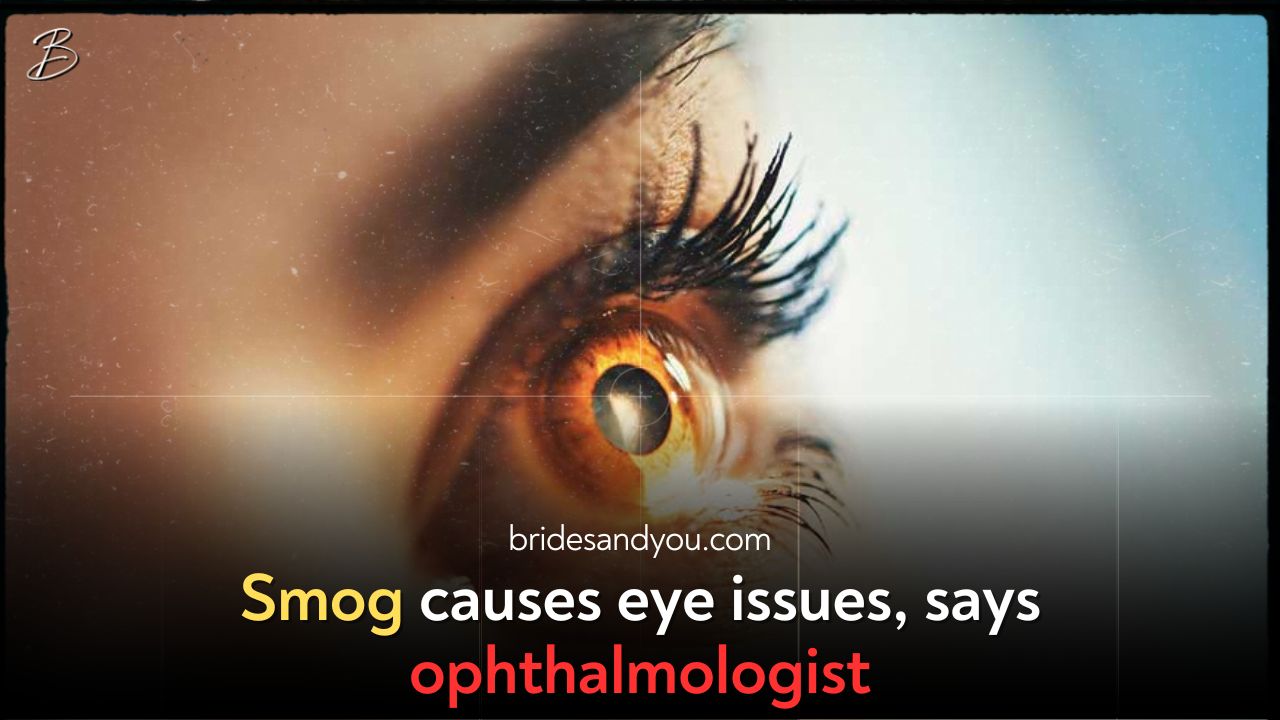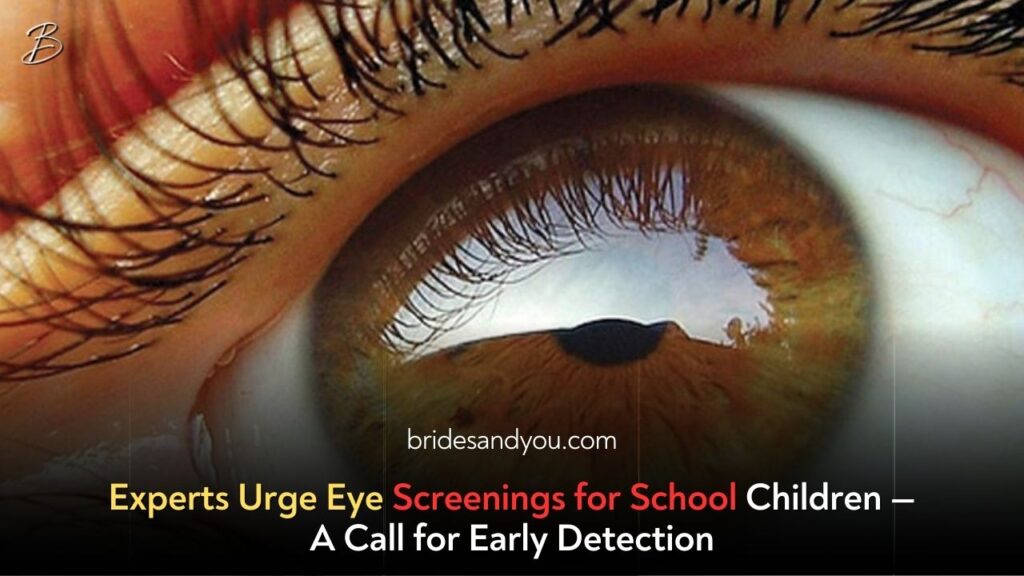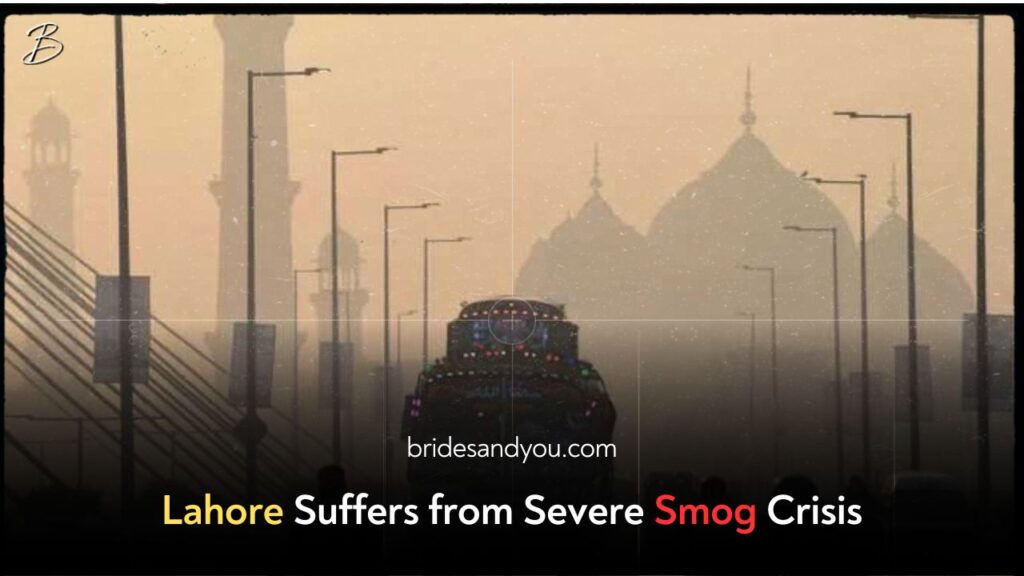Now Reading: Protect Your Eyes and Health from the Dangers of Smog: Expert Advice from Al-Shifa Trust
-
01
Protect Your Eyes and Health from the Dangers of Smog: Expert Advice from Al-Shifa Trust
Protect Your Eyes and Health from the Dangers of Smog: Expert Advice from Al-Shifa Trust

As smog continues to affect large parts of Pakistan, particularly in cities with some of the worst air quality in the world, protecting your health, especially your eyes, has never been more important. With rising air pollution causing major public health concerns, it is crucial to take preventive measures to safeguard your vision and overall well-being.
Dr. Inamul Haq, a Senior Consultant at Al-Shifa Trust Eye Hospital (AST), warns that the pollutants in smog can have a severe impact on eye health. He explained that exposure to smog can cause a variety of eye problems, including blurry vision, redness, dryness, itching, and burning. He emphasized that avoiding these issues can be difficult, but taking a few simple precautions can help reduce the risk of smog-related eye discomfort.
How to Protect Your Eyes from Smog
- Minimise Outdoor Exposure: Dr. Haq recommends limiting time spent outdoors, especially in high-traffic areas or during peak smog hours, typically between noon and 4 pm when air quality is at its worst.
- Wear Protective Eyewear: Wearing oversized sunglasses with UV protection is highly recommended when you do need to go outside. This can help shield your eyes from harmful pollutants and reduce the chance of irritation.
- Don’t Rub Your Eyes: If your eyes become irritated, avoid rubbing them. Instead, rinse them with cold water to soothe the discomfort, or use lubricating eye drops to provide relief.
- Maintain Good Hygiene: Regularly wash your eyes with cold water when returning indoors to prevent irritation caused by smog particles.
- Use Air Filters and Lubricating Drops: Installing air filters at home can significantly reduce indoor pollution levels. Additionally, placing cucumbers on your eyes or using lubricating eye drops can help reduce inflammation and keep your eyes moisturised.
- Diet for Eye Health: Eating foods rich in vitamins A and C, like carrots, leafy greens, almonds, and fish, can strengthen your eyes against the harmful effects of pollutants. Drinking plenty of water and blinking frequently helps keep your eyes hydrated.
- Seek Professional Care: If you experience prolonged symptoms or eye infections, it’s crucial to consult an eye specialist to address potential underlying issues.
Dr. Haq also expressed concern about the devastating impact of smog on children, with over 11 million children under five years old exposed to hazardous air quality in Punjab’s worst-affected districts. He stressed the importance of taking immediate action to combat air pollution, as continued exposure to poor air quality could lead to serious health risks.
Respiratory Risks Due to Smog
Along with eye health, smog can also aggravate respiratory conditions. Dr. Palwasha, a renowned physician, advises citizens, particularly those with asthma or chronic obstructive pulmonary disease (COPD), to wear face masks and limit outdoor activities. During the dry and foggy weather conditions of November, it is essential to take extra precautions to safeguard your health from the adverse effects of pollution.
Dr. Palwasha’s advice is clear: wear face masks and avoid crowded places to protect yourself and others from the harmful effects of smog, which can trigger respiratory problems and worsen pre-existing conditions.
Conclusion
As smog continues to impact air quality across Pakistan, it’s more important than ever to take steps to protect your eyes and respiratory health. Simple measures such as reducing outdoor exposure, wearing protective eyewear, and maintaining good hygiene can help prevent smog-related discomfort. Additionally, following health experts’ advice on managing respiratory risks will help ensure that you and your family stay safe during this challenging season.













